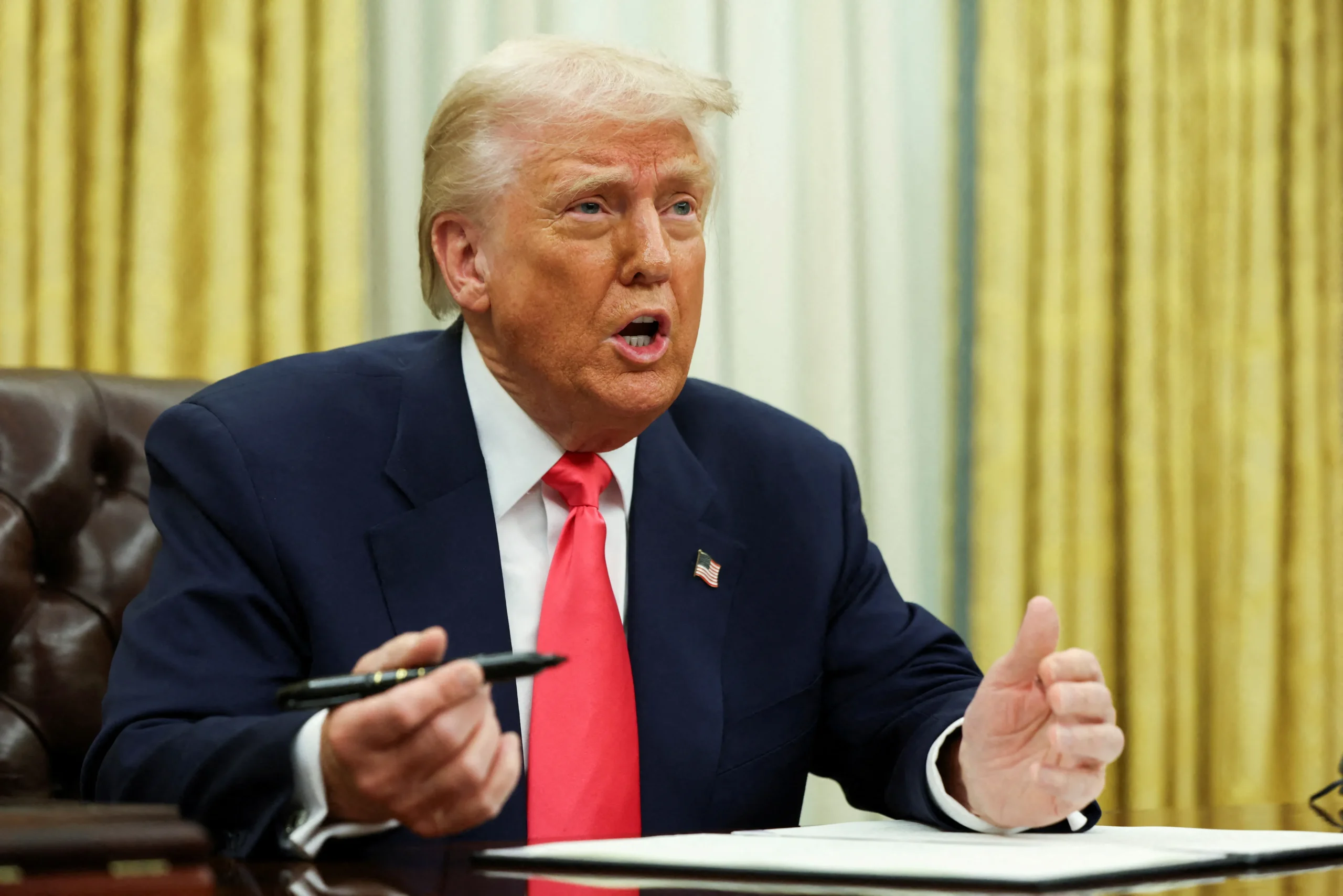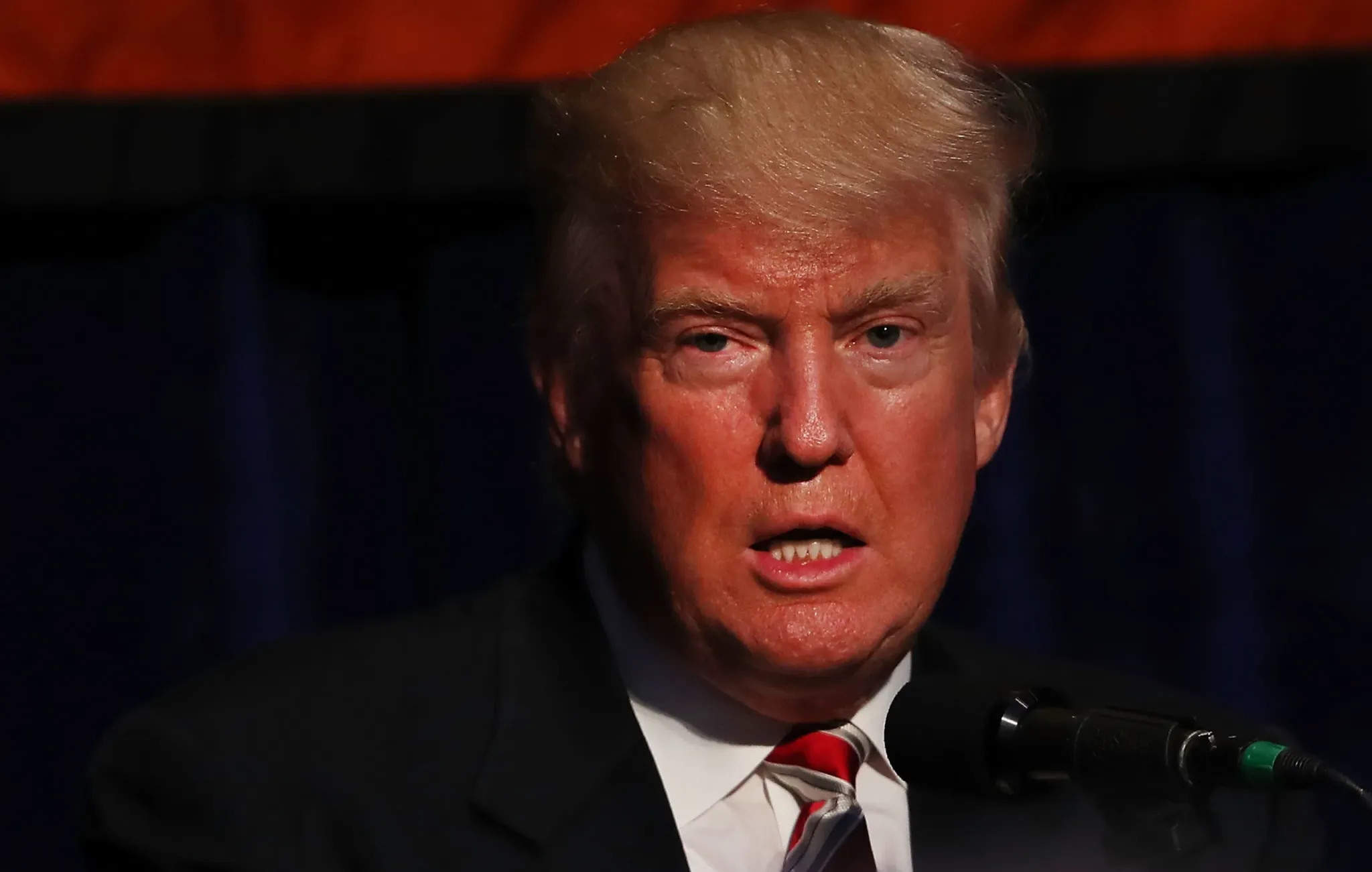Trump Plans to Reinstate Travel Ban: Potential Countries Affected
President Donald Trump is reportedly considering implementing a travel ban on individuals from Afghanistan, Pakistan, and other nations as early as next week. This follows an executive order issued on January 20, directing cabinet members to identify countries with inadequate vetting and screening processes for potential travel restrictions. Although Trump pledged to reinstate the travel ban on his first day in office, this commitment was not fulfilled. During his first term, Trump imposed travel bans on several majority-Muslim countries, a policy upheld by the Supreme Court in 2018, affecting seven percent of the global population.
According to Reuters, Afghanistan and Pakistan are likely candidates for the new list, which may also include countries targeted during Trump’s first term, such as Cuba, Iran, Libya, North Korea, Somalia, Sudan, Syria, Venezuela, and Yemen, as reported by The New York Times.
Impact on Afghans Eligible for Resettlement
A travel ban on Afghanistan could significantly affect thousands of Afghans who have applied for or been approved for Special Immigrant Visas after assisting the U.S. military during its 20-year presence. Approximately 200,000 Afghans are awaiting U.S. resettlement or visa approval, facing threats from the Taliban for their cooperation with American forces. While the State Department might seek exemptions for these individuals, such requests are not expected to be easily granted, according to a source cited by Reuters.
#AfghanEvac, a coalition aiding in resettlement coordination with the U.S. government, issued a statement titled “IMPORTANT TRAVEL NOTICE FOR AFGHANS,” advising those with valid U.S. visas to arrange travel immediately, as a travel ban for Afghan nationals could be announced soon.
Previous Travel Ban Attempts
In January 2017, Trump introduced his first travel ban, barring travelers, including green card holders, from seven Muslim-majority countries from entering the U.S. This was struck down by the courts. A revised version excluded green card holders and removed Iraq from the list but faced legal challenges and was blocked. A third version, affecting six Muslim-majority countries and North Korea, was upheld by the Supreme Court in 2018. The ban remained until President Joe Biden repealed it in 2021.
The Independent, known for its global perspective and commitment to pluralism, reason, and humanitarian values, continues to grow despite challenges to these principles worldwide.






